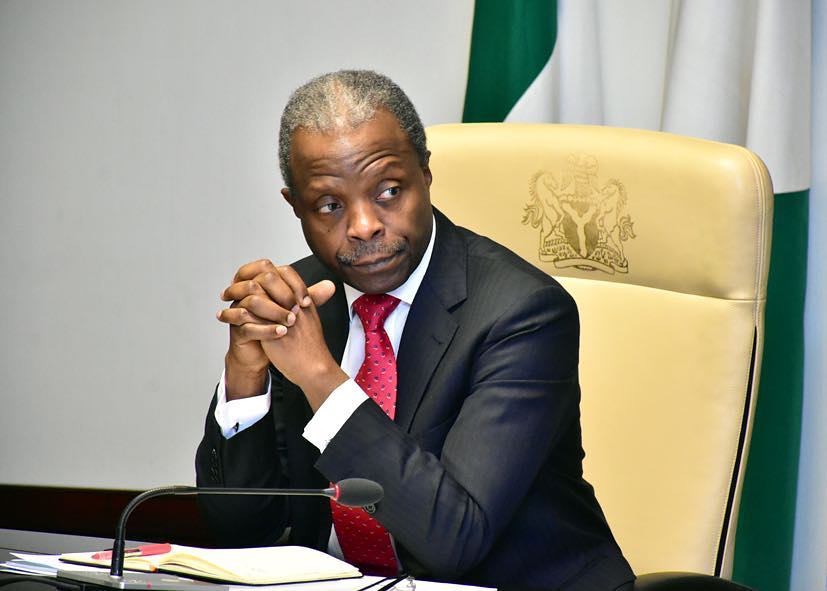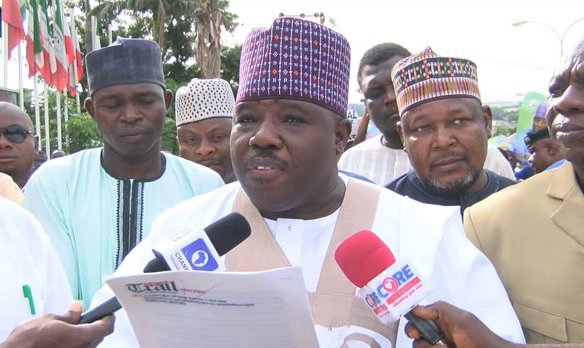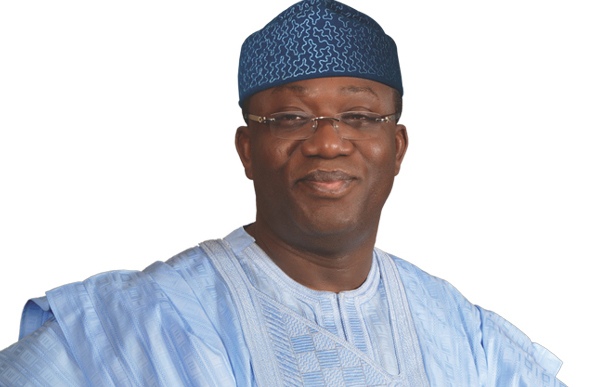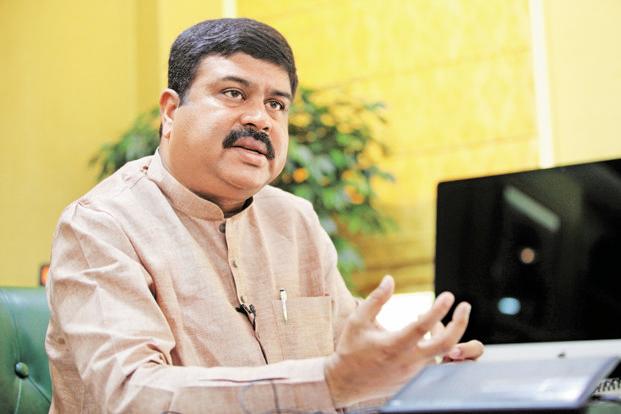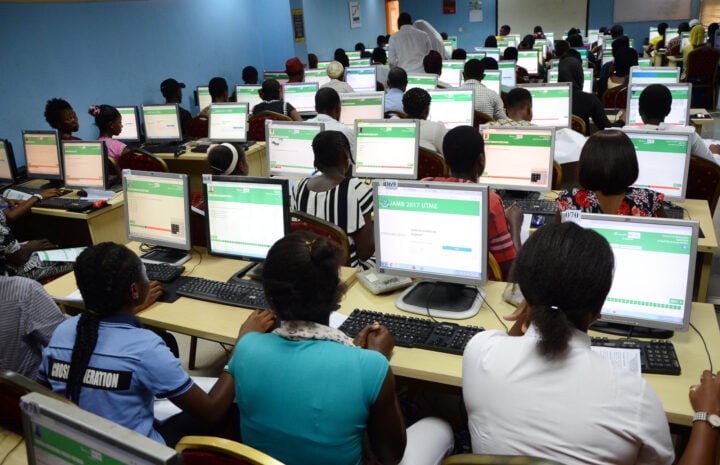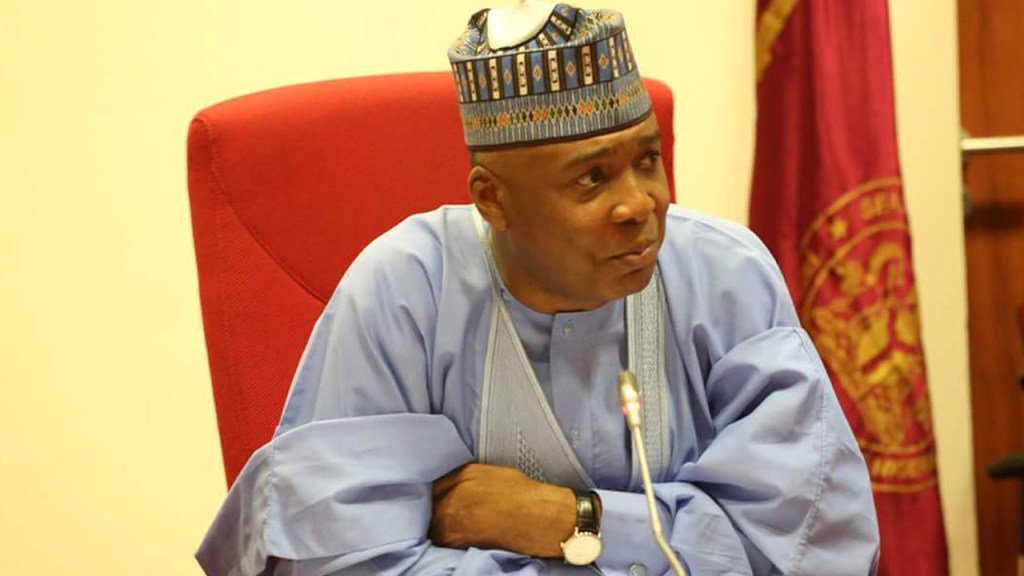The Acting President, Yemi Osinbajo, has signed a very important executive order on port operations: He has instructed Apapa Port to resume 24-hour operation within 30 days and asked all agencies at the port to harmonize their operations into one single interface station.
He also sounded a warning to touts and corrupt officials at ports.
If the Acting President’s directive works, businesses will save a lot of money. Monies spent as a result of inefficiencies and corruption at the ports would be redirected into more productive ventures. The economy will rebound significantly.
Unfortunately, there is no guarantee that this executive order will not go the same way the last administration’s directive on ports went. Osinbajo would require massive political capital to achieve his objectives on ports, especially Apapa Port. This will be a major test of the powers he wields in President Buhari’s absence.
Advertisement
In 2012, the minister of finance, Dr Ngozi Okonjo-Iweala, conveyed a presidential directive asking all ports to begin 24-hour operations. Nothing really happened after this sound bite.
Dr Iweala was even more specific and visionary: she stated that her administration intended to achieve a 48-hour cargo clearing time. Sadly, the reasons why the last administration’s directive seemed to be ignored are still prevalent.
Obviously, the aim of the Acting President’s 24-hour directive is to fast-track clearing operations at the ports. Unfortunately, there are few reasons to believe that this patriotic gesture will work.
Advertisement
For instance, the roads leading to Apapa Port are in deplorable conditions. Thus, this bottleneck would make a 24-hour operation at Apapa Port lose steam: Most importers might be reluctant to move sensitive cargos from the port complex to these terrible and insecure roads at night.
On the technology end, these ports lack high tech infrastructure and even some basic ones. There are reports that scanners at most port terminals are not functional. This results in massive inefficiency at the ports: crude physical inspections and manual documentations are the order of the day at ports. These activities are not pleasant when undertaken at night.
On the political end, it would be interesting to see how the Acting President contends with all the vested interests in the nation’s port complexes. Harmonizing the activities of all the agencies at the ports would mean effective cooperation within these agencies. This has been lacking in this administration.
The skirmish between Integrated Logistics Services Nigeria Limited (Intels), which has major Nigerian politicians as shareholders, and the Nigerian Ports Authority (NPA) is a good example of the how operations in Nigerian ports could take messy political dimensions.
Advertisement
Besides, the ports are the major cash machines of most agencies, thus, most of the heads of these agencies, who were appointed by President Buhari, would not want to see their revenues nosediving in the name of harmonization.
The last administration faced similar hurdles with these agencies. In trying to make ports more efficient, Jonathan’s administration ordered some agencies to leave the ports. It argued that their unnecessary presence at the ports slowed down clearing activities. But these agencies found their way back.
The inefficiency at the ports is still worrisome. Currently, the clearing time of goods at Nigerian ports is about the longest in the world. While it takes an average of 19 days to clear cargos at Nigerian ports, it takes seven and four days to clear cargos in Cotonou and South Africa, respectively.
Despite taking more than two weeks to clear cargoes, the demurrage free period in Nigerian ports is five days. This means that after five days an importer starts paying demurrage on his or her consignments. This cost is ultimately borne by consumers.
Advertisement
These inefficiencies breed corruption. For instance, the chairman of the Presidential Advisory Committee against Corruption, PACAC, Itse Sagay, lambasted the Nigeria Customs Service for aiding corruption at the ports. He pointed that in Tin Can Port, for example, Custom officials charge fees to examine goods following the breakdown of scanners.
In order to achieve his objectives, the Acting President would be fighting deep-rooted corrupt establishments at the ports, as well.
Advertisement
It will be great to see the Acting President achieve his objectives on port operations. It is important that he gets all the supports he needs from Nigerians in this epic battle. However, in the short term, investments and proper port concessioning agreements are urgently needed.
Advertisement
Add a comment

